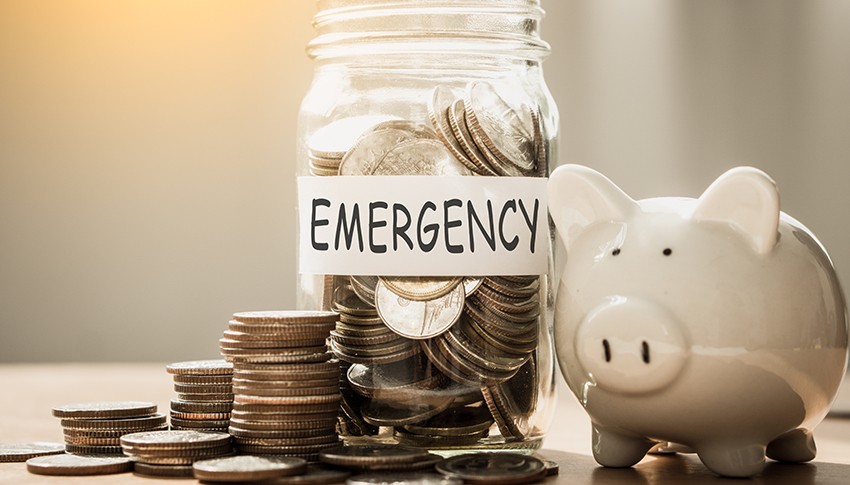Operations
March 26, 2024
3 mins
Imagine working so hard to save a portion of your salary for a major life goal only to lose it all as a result of an unplanned situation. We might be moved to say 'God forbid' almost immediately but the fact remains that life is filled with a lot of emergencies and unplanned situations and we can not 'God forbid' our way out of them. Our best bet is to plan for these situations as best as we can to enable us to remain unscathed; this is why having an emergency fund is fundamental to your financial journey.
What is an Emergency Fund?
An emergency fund as the name applies is basically money that is specifically kept for emergencies and unforeseen circumstances. It is pertinent that your emergency fund isn’t calculated or kept with your long-term savings plan. It must be kept in a separate and easily accessible account.
Benefits of an Emergency Fund?
It saves you from mental stress.
Living without a financial safety net puts you at risk of constant stress when emergencies arise. Having an emergency fund means you are better prepared for emergencies when they arise and you are not caught up in any mental or emotional gymnastics which could spike your stress level.
It saves you from bad debts
Having an emergency fund will ensure that you don’t take a loan when faced with unplanned circumstances. This would help you avoid multiple loans that could end up ruining your financial plans.
Learn more
How much should be your emergency fund?
It is generally advised that your emergency fund should be six months of your living expenses. For example, you earn 200,000, and your major monthly expenses (food, transportation, rent, etc.) amount to 120,000. Your emergency fund should be 720,000 (120,000 x 6).
While it is okay to save for your long-term goals and emergency funds simultaneously, we advise that you work towards building your emergency fund first to enable you to achieve your goals faster without putting a strain on your finances.
Where should you keep your emergency funds?
Your emergency fund should be kept in an account that is easily accessible but not in the account you use for your daily transactions to avoid the temptation of dipping into it.
Happy stashing…




